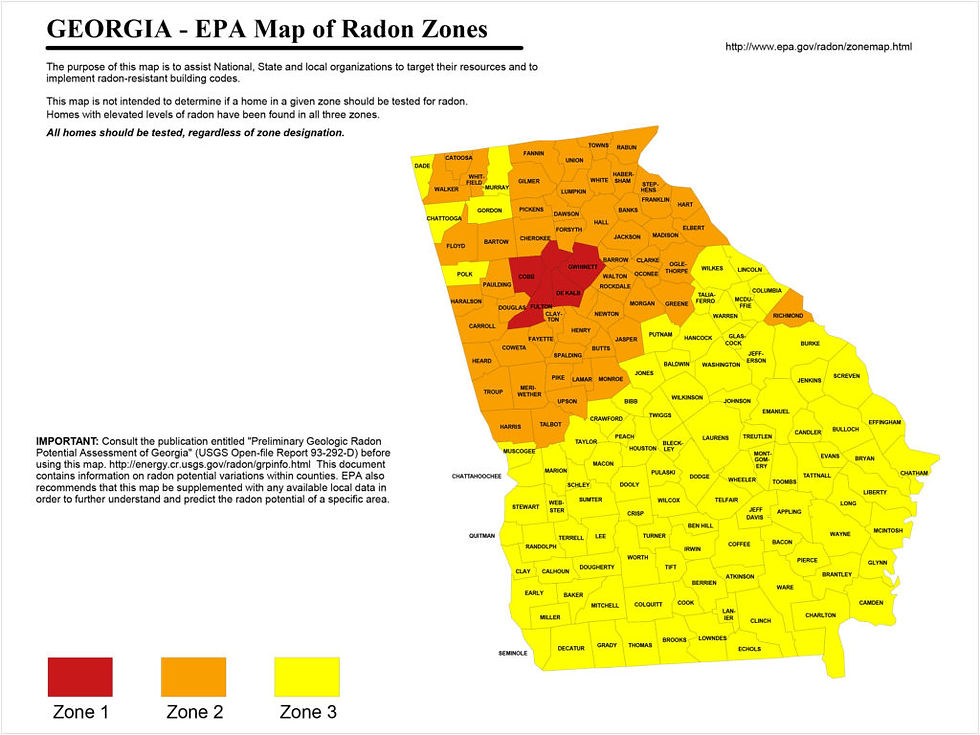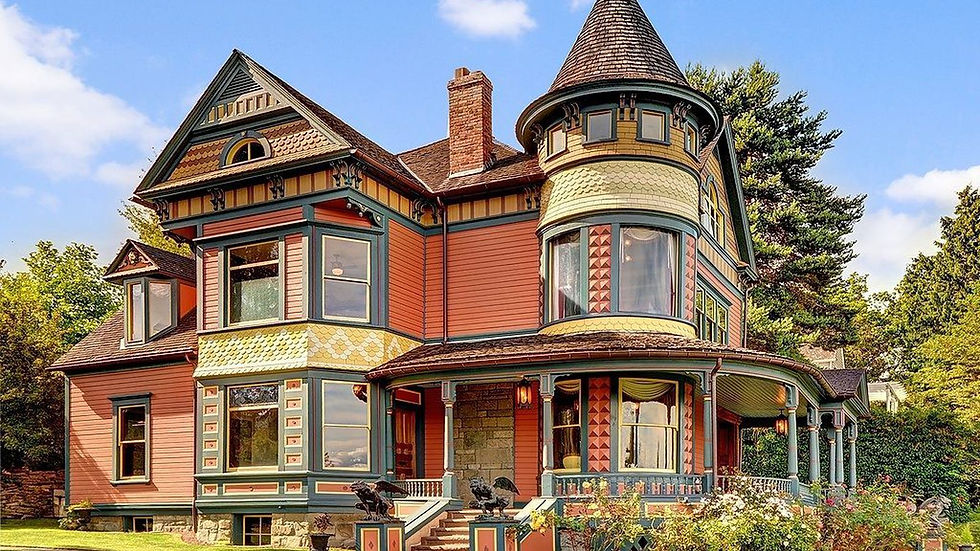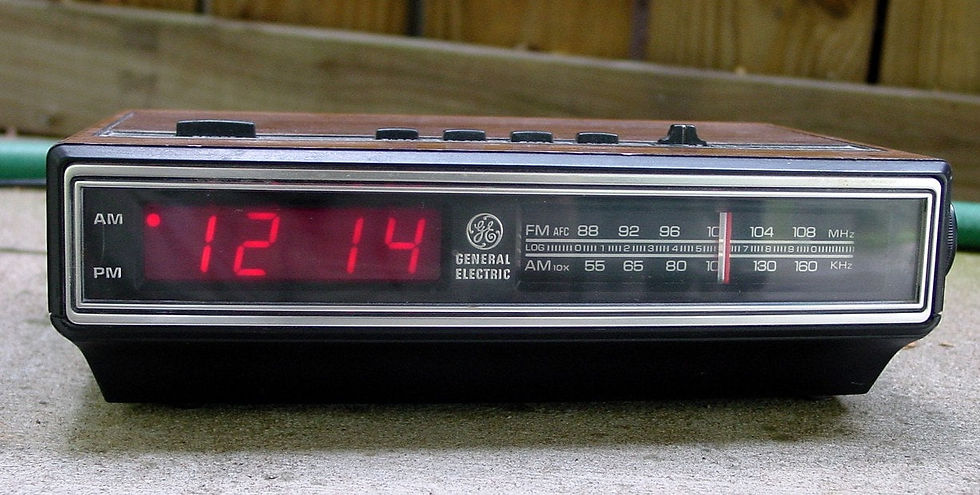Mailbag: Radon, Historic Homes, Preventing Mold, and Smart Homes
- Chris Knight
- Mar 29, 2024
- 3 min read
Let's answer some questions from our readers:
What is radon and should I be worried about it?

Radon is a radioactive gas that can be found in many homes and is known to cause lung cancer. It has no odor or color and is created by the decay of uranium in soil or rock, especially in areas heavy in granite (ahem... Stone Mountain). Houses located in a Radon Zone 1 should at least have a passive radon mitigation system, which is basically a sealed pipe that goes into the ground under your house and goes all the way up through your roof. It's a good idea to locate an outlet near that pipe too so you can add a fan and convert it to an active radon mitigation system in the future, if needed. Here's the radon detector I keep running in my home at all times, if you want to check your home's radon levels..
What do I need to consider before buying a home in a historic district?
Every historic (and landmark) district has its own regulations, so you'll want to look up your specific ones first. The City of Atlanta has some great educational resources on different parts of the home and what's generally accepted, as well as contact information for specific questions. Some districts will not let you change anything original on the front of the house, but don't care about the interior, roof, or paint colors. Others will need basically everything pre-approved. You'll go through a hearing process with the Urban Design Commission which will need paperwork describing your proposed work submitted a month or so before the hearing. They'll either approve your request at the hearing or tell you the changes you need to make and schedule a follow up hearing. In general, you're probably not going to get approved to replace an original material if it can be repaired in any way. Anything that is not an original material will likely be ok to change. That said, please follow the specific guidelines of your historic district and go through the approval process.

How do I prevent moisture/mold from becoming a problem in my home?
Manage the water, in both liquid and gas forms, coming into your home. Check your exterior walls, roof, and plumbing fixtures for any water leaks and fix them immediately. A great tool for this is a thermal camera. A good home inspector or builder will likely have one in their arsenal and is more than worth it to have them walk the house with the camera after a big rain and turning on all plumbing fixtures.
Managing humidity is also a huge factor. Properly sized HVAC systems will run for longer times at lower speeds, which will help dry out humid air. If you have an older HVAC system, consider upgrading or adding a portable dehumidifier until it's time to upgrade. Somewhere around 50-55% humidity is my sweet spot.
Bonus Points: mold (and rot) don't occur because something gets wet (otherwise the outside of our houses would be moldy all the time), it occurs because something gets wet and isn't able to dry. Your home is always fighting against nature and, given enough time, will always lose. The exterior of your home should be set up to prevent water intrusion, but plan on losing that battle and have a way to dry out when it does. I'll write a future posts on rain screens and why vented crawl spaces are terrible for more detail.
What is a Smart Home?
A smart home is all about connectivity and convenience. Devices throughout your home can connect to your wifi network to give you remote controls and real time data on your home's performance. Smart switches and lighting, whole home AV, camera systems, and so much more can now be controlled by your smart phone. Sensors and smart devices can also provide you live information on things like your home's air quality, potential water leaks (and shut off the water for you!), unexpected power consumption, and on and on. The trick to creating the right smart home for you is to keep it simple and focus on the solutions that you would really use and that would add value to your home and your life. Otherwise it can be a complicated mess that'll make you want to go back to rotary phones and this alarm radio every dad in the 90s had.







Comments